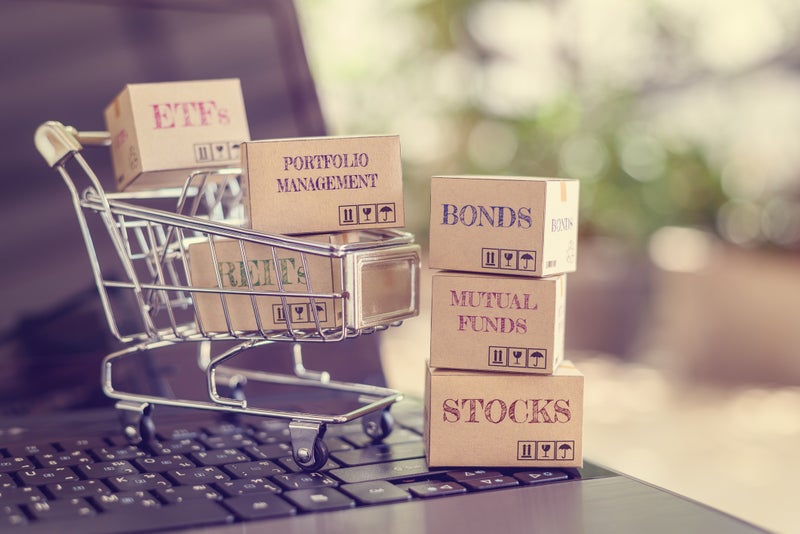Britain's investment trust sector needs to work harder to narrow yawning discounts to avoid potential hostile takeovers, a group of leading fund managers have warned. It follows American hedge fund Saba Capital's recent efforts to gain control of seven London-listed investment trusts. Boaz Weinstein, chief investment officer of Saba, accused each group's management of underperformance and 'in some cases disastrous' investor returns.
But in all seven cases, shareholders voted resoundingly at general meetings against Saba's plans to replace the different firms' board members with its own directors. The affected trusts were Baillie Gifford US Growth, CQS Natural Resources Growth & Income, Edinburgh Worldwide, European Smaller Companies, Henderson Opportunities, Herald Investment Trust, and Keystone Positive Change. Despite losing each vote, Saba has requisitioned new meetings at CQS Natural Resources and European Smaller Companies Trust, as well as Middlefield Canadian Income and Schroder UK Mid Cap Fund.
Takeover attempts: Saba Capital, whose chief investment officer is Boaz Weinstein (pictured), recently tried to gain control of seven London-listed investment trusts. Weinstein wants to convert the trusts into open-ended funds, arguing they have traded at discounts to net asset value for 'too long' and shareholders need 'liquidity options.'. Ben Conway, head of fund management and CIO at Hawksmoor Investment Management, said discounts had become 'too wide and too persistent' in the British investment trust industry.
He said trust bosses could have been more proactive in narrowing discounts, particularly by undertaking much larger share buybacks. UK investment trusts bought back £7.5billion of shares in 2024, compared to £3.95billion the previous year, according to the Association of Investment Companies [AIC]. Yet this has failed to seriously improve valuations; the average investment trust discount - not counting 3i and venture capital trusts - totalled 12.5 per cent in January 2023, but this has since risen to 13.8 per cent as of last month.
'To make a difference to discounts, the quantum of the buybacks must be materially different and not just one-offs - you can make a difference on discounts through sensibly managed buyback policies,' said Peter Hewitt, fund manager for CT Global Managed Portfolio Trust. 'Not a lot of trusts want to do this because it will shrink the trust, and they fear that private wealth will not be interested in them if they are too small.
'But what they have to realise is that it's necessary if they want to keep their trust and get the right rating and share price.'. Hewitt believes that becoming smaller will make trusts more popular among private wealth managers and multi-asset funds. He also wants boards to have better knowledge of how investment trusts are structured. 'Expertise in this area is paramount as they would be able to make more effective decisions to run the investment trust, such as the use of marketing strategies and how to handle discounts,' he says.
Although the board members of the seven trusts survived Saba's coup attempts, their victory could be hollow if their subsequent actions do little to shrink future discount gaps. According to Hawksmoor's Conway, demand for investment trust shares suffers from three main headwinds: cost disclosure regulations, poor governance, and consolidation in the wealth management industry. He suggests one way to boost demand is to unlock defined contribution pension funds, which currently own just a tiny fraction of UK-listed shares and instead prefer to invest in low-risk assets like bonds and property.
This situation has been partly blamed for the undervaluation of businesses on the London Stock Exchange market relative to other prominent bourses. However, Peter Walls, a fund manager at Unicorn Asset Management, disagrees with claims that the UK investment trust sector is 'broken'. He says: 'The investment company structure remains that most appropriate corporate entity for long-term investment, particularly in less liquid specialist areas of investment.































